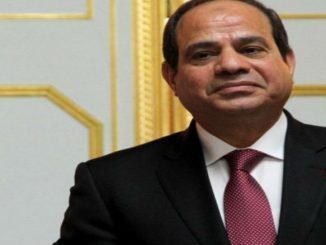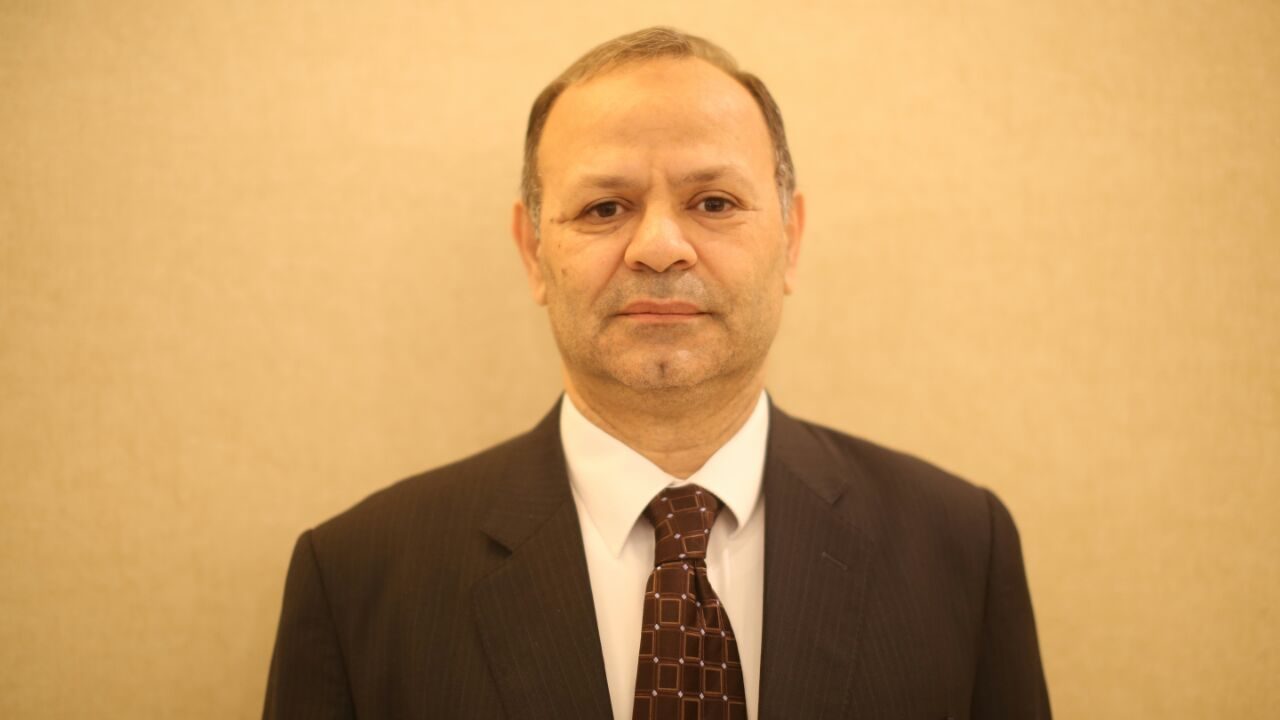
Recently, Gamal Mubarak, the son of Egypt’s autocratic President Hosni Mubarak who was overthrown by January Revolution in 2011, has shown up at a wedding, a funeral and a soccer match, happily snapping selfies with onlookers.
Gamal Mubarak is still widely perceived as Egypt’s endemic corruption, along with his brother Alaa, who appears in the Panama Papers, amassing a fortune from buying and selling Egyptian debt through offshore accounts.
Mubarak’s sons were tried and later released for misusing millions of dollars of state funds used to renovate their palaces as well as cases of insider trading to the tune of $187 million.
However, they have been making more public appearances in recent months, stoking rumors of a possible presidential run in 2018 against the current military-backed Abdel Fattah al-Sisi.
The nostalgia for the Mubarak clan’s return comes on the back of Egypt’s former dictator acquittal earlier this month of all charges in connection with the killing of protesters in 2011.
Recently,a widely-shared phone call on social media of “a gushing journalist playfully interviewing Hosni Mubarak after his acquittal is the latest example of the political amnesia that the country has undergone, She repeatedly asks the former president if she can talk to his sons,” said the Sydney Morning Herald, an Australian newspaper.
In fact, several Mubarak inner circle cronies have conducted reconciliation deals with the state, effectively trading their sentences for investments in the economy. Among them was Mubarak-era prime minister Ahmed Nazif, information minister Safwat al-Sherif and culture minister Farouk Hosny have all walked free recently.
In this context, Zeinab Abul-Magd, a professor at Oberlin College who has written a book on the Egyptian military’s economic empire said, “I don’t believe Gamal would be allowed to be involved in politics again by the current military regime as he is perceived as a threat to it.”
The military’s expansive economic activities range between 5 and 40 %of GDP. Sisi said in December 2016 that the military’s share of the economy was about 2%at best and that he hoped it would be more.
Abul-Magd adds,”Gamal Mubarak’s cronies would continue to be a threat to the military regime because of their economic influence and potential revival of their connections with old security apparatuses figures.”
She points to steel tycoon Ahmed Ezz, Gamal’s close friend, as an example of the military’s intolerance for economic competition. It is worth to mention that an Egyptian court ordered his arrest again this week on corruption charges.
According to law, the Mubarak’s are not allowed to hold office or any political position for six years, so a presidential run in 2018 should be impossible, but that has not stopped them from carefully polish their public image as many Egyptians express impatience with a weak economy.
However, Robert Springborg, a retired Naval Postgraduate School professor and expert on Egypt’s military who also taught in Australia for several years, says the key to Gamal’s political ambitions lies with tycoons who have wholeheartedly backed Sisi.
He says,”Businessmen would be wary of backing Mubarak lest they gain the ire of Sisi and the military.” He added, “So I doubt Gamal would have much appeal to them, as he simply could not deliver what the military can to them.”
When there were recent shortages of baby formula, medicine and sugar on the market, the military stepped in to import and manufacture them locally.
Springborg adds, “His only appeal would be to be critical of the military and Sisi, but this would seem very hypocritical.”
After al-Sisi launched a bloody military coup against Egypt’s first democratically elected president Mohamed Morsi, he promised prosperity and stability in the North African country.
However, Egypt’s military ruler failed to fulfill his promises as the country has been facing one of the harshest economic downfall in its history under his rule.
Tourism and foreign investments, which were the two major resources of hard currency, have withdrawn as a result of political unrest and security instability.
As a result, the Central Bank of Egypt (CBE) devalued the Egyptian currency in March.
The devaluation of the Egyptian pound and the shortage of foreign currency have flourished the black market on the currency expense.
In this context, Abdel Fattah al-Sisi has chosen to take the Egyptian people through the hard path by seeking to secure a loan from the International Monetary Fund(IMF).
In this context, Egypt’ s al-Sisi has worked to fulfill the IMF economic reform program to secure the loan.
Last November, the International Monetary Fund’s executive board has approved Egypt’s request to secure $12 billion loan facility after Egypt met its requirements.
On August 30 Egypt started its first steps towards the loan when Egypt’s parliament approved a long-awaited law introducing a value-added tax (VAT) of 13 %, rising to 14% in the next fiscal year.
On November 3, the Central Bank of Egypt floated the Egyptian pound and gave up trying to peg the currency to the US dollar allowing it to devalue by almost half.
On November 4, Egypt took another unprecedented decision, which has always been abandoned by former leaders in fear of public unrest, to cut subsidies for fuel leading to jump in prices, in addition to the introduction of the value-added tax to raise revenues.
Abdel Fattah al-Sisi has said before that he would not hesitate “for one second” to take the difficult steps necessary to ensure Egypt lives within its means.
In this context, last December Al-Sisi asked the Egyptian people to endure hardships and austerity for the next six months.
As a result of al-Sisi economic polices, Egypt’s core inflation has hiked above 30 % since the flotation of the country’s national currency last November.
It is worth to mention All Egypt’s presidents tend to avoid these economic measures of the IMF recalling poor Egyptians riot when President Anwar Sadat removed them on flour, rice, and oil in 1977, part of an effort to secure IMF-backed financing.
He reinstated later from the decision. Though Egypt has returned to the IMF virtually every decade since the 1970s, implementation of reforms has been mixed.
More recently, Egypt negotiated two IMF deals that were never finalized, including a $4.8 billion loan initially agreed in 2012.
Last week, hundreds of Egyptians took to the streets around the country blocking roads and surrounding government offices because they were unable to get their share of subsidized bread amid fears that the government was cutting food subsidies by the back door.
Although protests drew small crowds and dispersed quickly, but it is the first major evidence of public anger over rising living costs.
In fact, bread subsidies are an explosive issue in Egypt, where over 70 million receive state rations.
In December, the Financial Times stated that Egypt’s rule is the worst under al-Sisi regime an article titled “Sisi’s Egypt: The march of the security state.” FT said that Egypt’s “social and economic problems are deeper than ever under the former general’s regime.”
In the same context, last August, the Economist highlighted al-Sisi as the one who is responsible for the ruining of Egypt in its editorial titled: The Ruining of Egypt…Repression and the incompetence of al-Sisi are stoking the second uprising.”
The magazine said at the end of its editorial that the demographic, economic and social pressures in Egypt are relentlessly increasing and that al-Sisi is incapable of providing the sustainable stability to Egypt, the political regime also needs to be reopened.
The magazine considered al-Sisi’s withdrawal from the political life as the hope gate for the Egypt. The Economist continued saying, “Egypt’s political system needs to be reopened. A good place to start would be for al-Sisi to announce that he will not stand again for election in 2018.”



